Big is still beautiful for Bollywood


Send us your feedback to audioarticles@vaarta.com


It is hard to find method in Bollywood's madness. Even as mega-budget, multi-starrer flicks are falling flat at the box-office, the costliest Hindi film has hit the marquee.
Made with a whopping Rs.750 million, a new Bollywood record, Akbar Khan's "Taj Mahal: An Eternal Love Story" released Friday. Apparently, for an industry, which is often criticised for its herd mentality, no time is a bad time for big-budget films.
The film's much-delayed release comes on the heels of a spate of big-budget flops. Bollywood dream merchants are aware that 96 percent of the big budget movies made in the last two years have sunk without a trace.
A remarkably large number of film-makers have concluded that the best way forward is to play safe and produce low-budget films that cost anywhere between Rs.10 million and Rs.50 million.
Many of these are targeted at niche audiences in the metros. Alternatively, some filmmakers are going even further and making 'crossover' movies in English targeted at affluent urban dwellers and international NRI audiences.
An extraordinarily large number of production houses have opted for the 'small is bountiful' strategy.
Historical epics have received a bad drubbing at the turnstiles this year but the fascination for big-budget films continues unabated in Bollywood.
The mega-flops include none other than Ketan Mehta's Aamir Khan-starrer "Mangal Pandey" and Shyam Benegal's most expensive period film about a true-life political character-"Bose: The Forgotten Hero."
"Taj Mahal: An Eternal Love Story" attempts to recreate the romance of Mughal emperor Shahjahan and Mumtaz Mahal with model-actor Zulfikar Sayed and legendary singer Noorjehan's granddaughter Sonya Jehan cast in the lead roles.
The last costume drama to have made an impact at the box-office was Sanjay Leela Bhansali's "Devdas." Though the Shah Rukh Khan-Aishwarya Rai-Madhuri Dixit starrer had a slow start it made just about enough money in the long run.
More recently, though Vidhu Vinod Chopra's lavish period epic - "Parineeta" - was interesting to watch, it could not make a mark at the box-office.
For over a decade, however, no filmmaker has tried to recreate the opulence and grandeur of Mughal era. Even Shah Rukh Khan had kept his take on emperor Ashok austere.
Akbar Khan's attempt to go against all advice by trade pundits and market trends is commendable but unlikely to bear fruit.
His cast is no match to that of K. Asif's magnum opus "Mughal-E-Azam" that had released in 1960 and continues to be the benchmark for films based in the Mughal era.
In addition to Zulfikar Sayed and newcomer Sonya Jehan, Akbar has Kabir Bedi playing the aged Shahjehan, Manisha Koirala cast as his daughter, Jehan Ara. Lesser known actor Arbaaz Khan plays Aurangzeb who kills his own brothers and imprisons his father to acquire the throne.
Pooja Batra essays the role of a scheming queen Noor Jehan and Kim Sharma plays her daughter in the film. For nostalgia, Akbar has roped in Naushad who gave the music for "Mughal-E-Azam."
The penchant for historical epics has caught on with filmmaker J.P. Dutta as well. Dutta, who has so far made contemporary films, most of them with men at the forefront, is all set to recreate the mannerisms of the nawabs.
He will soon direct a new version of the life and times of Lucknow's poetess-courtesan Umrao Jaan with Aishwarya essaying the title role.
Seems for a handful of filmmakers, big continues to be beautiful even if it is economically unviable.
Follow us on Google News and stay updated with the latest!
-

Contact at support@indiaglitz.com




 Follow
Follow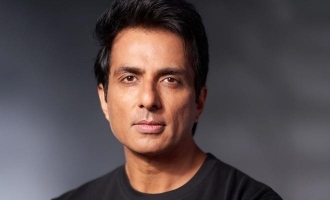

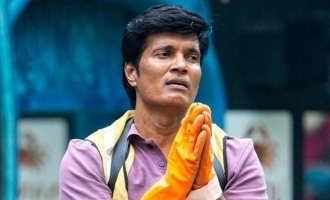
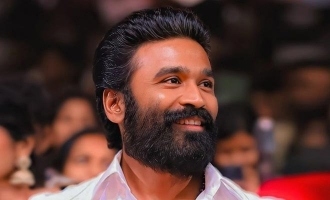
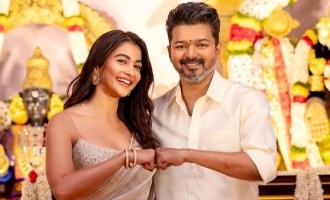
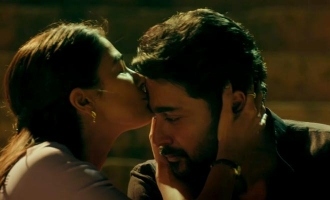
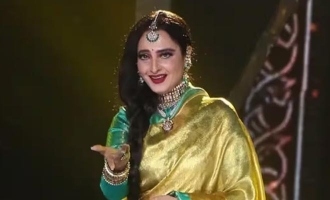
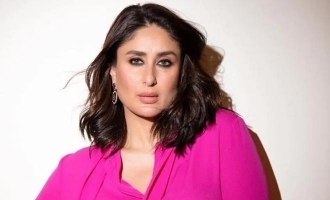
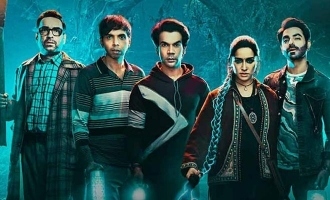
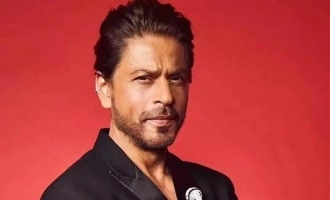
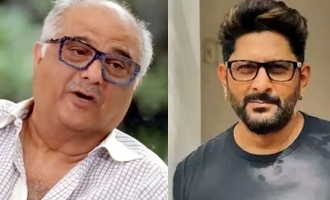
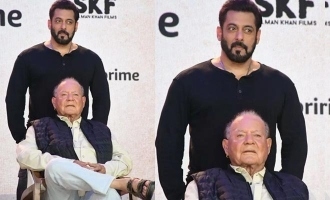
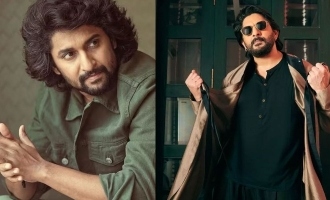
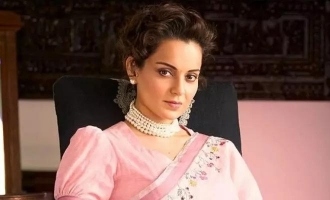
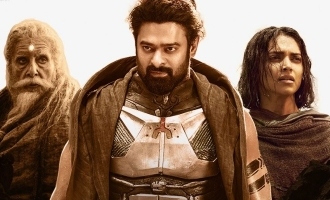
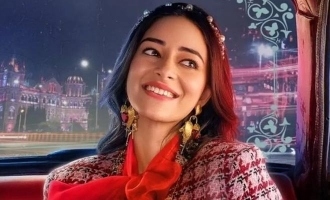
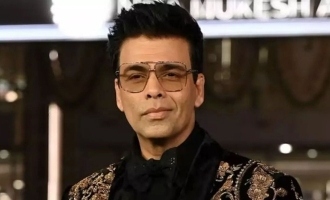

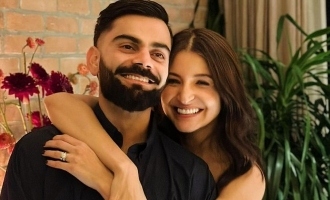
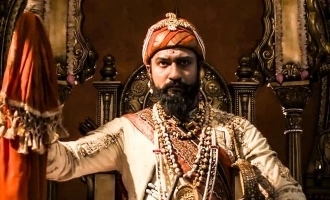
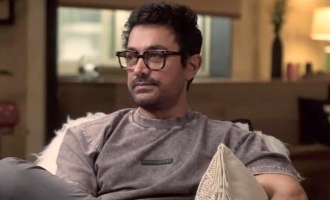
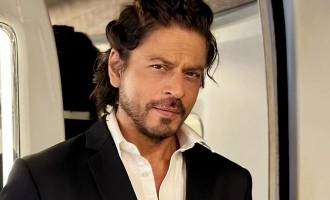
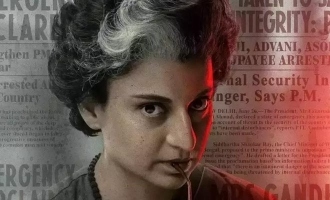
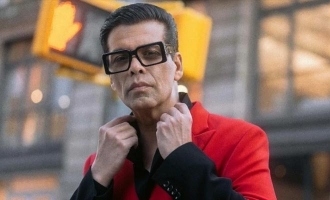
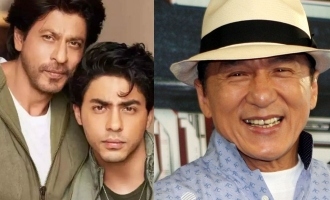
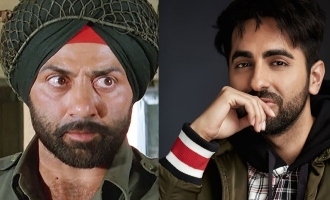
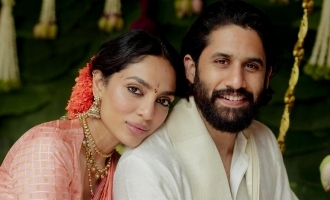
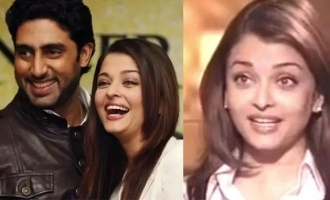
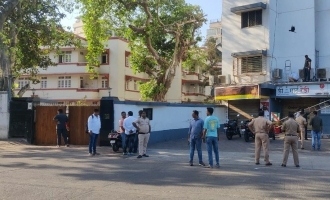
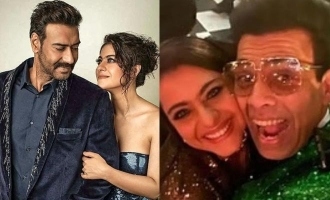
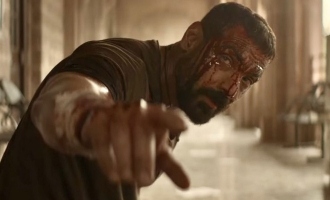
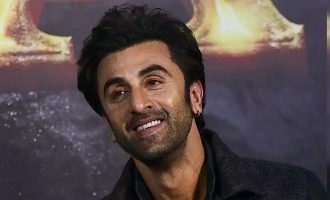
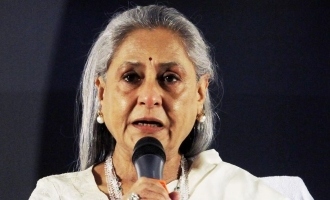

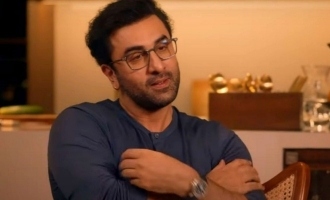

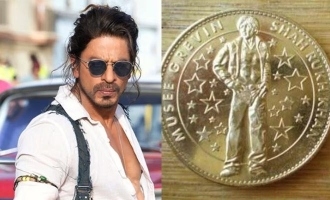
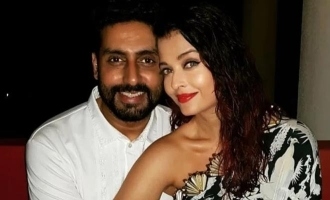

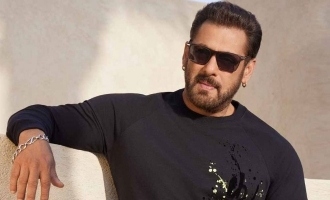

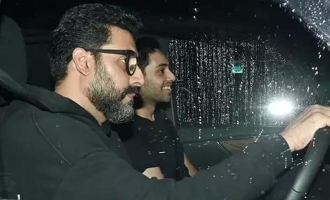
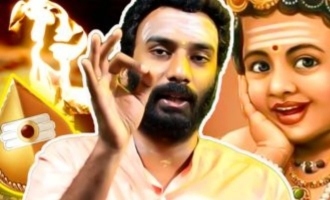
-7c2.jpg)

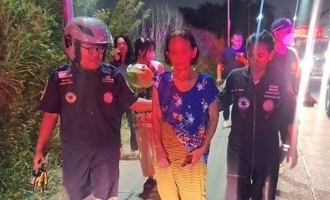

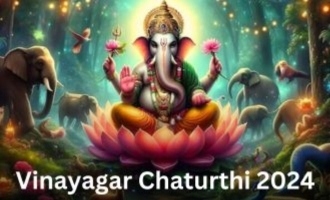
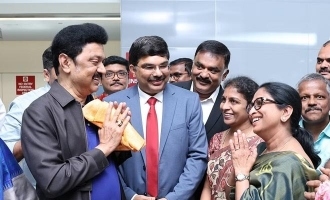
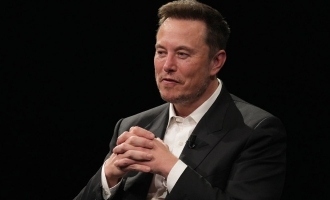
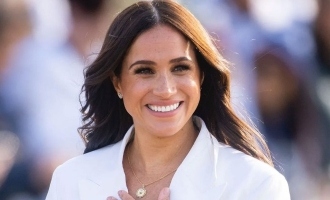

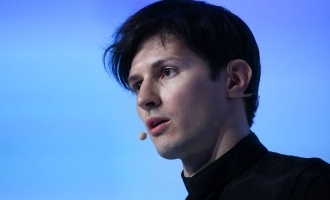









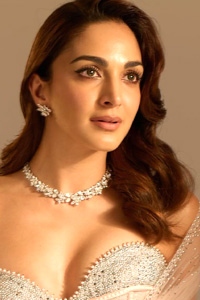
Comments